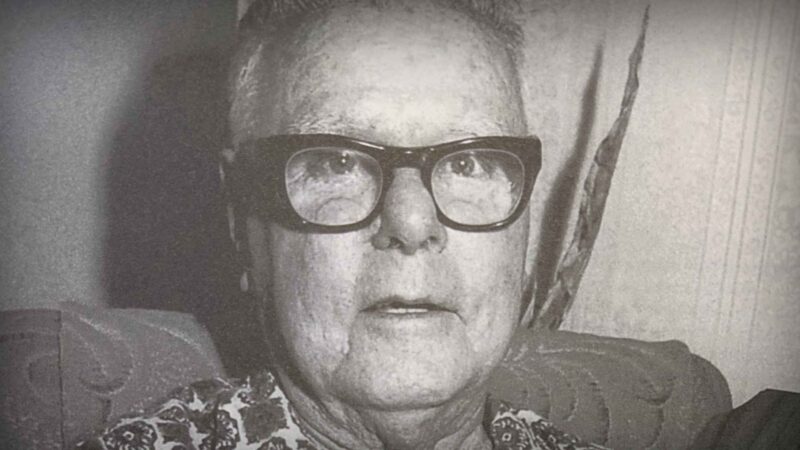CHANGES IN MBS BULK BILLING INCENTIVES ADDRESS GP CAPACITY IN WOMEN’S HEALTH Reforms expand professional pathways and clinical scope to meet the demands of patients
With
Dr Sneha Wadhwani, GP
Bondi Junction Medical & Dental Centre &
Conjoint Lecturer, UNSW Medical School &
Clinical Director NSW & ACT,
Head of GP Wellbeing & Women’s Health,
ForHealth Group &
Co-Founder & National Clinical Director
Evoca Women’s Health
SEGMENT
Filmed in Sydney | November 2025
Dr. Sneha Wadhwani, a General Practitioner in Bondi, and Conjoint Lecturer at UNSW School of Medicine, is actively involved in enhancing women’s health services across Australia. As the Co-founder and Clinical Director of Evoca Women’s Health, she highlights the significant improvements in funding for women’s health, particularly with the new MBS bulk billing incentives, in new codes, that commenced on November 1, 2025.
These codes facilitate bulk billing for essential services such as menopause health assessments and long-acting reversible contraceptives, enabling more women to access critical care at little or no cost. These advancements address long-standing challenges faced by GPs, including time constraints and inadequate funding, which have historically limited comprehensive women’s health care delivery.
The investment in training for IUDs and contraceptive implants is another vital component of this initiative, equipping more GPs to provide these services effectively. Dr. Wadhwani notes that the Evoca model prioritises GP-led, holistic care, with trained practitioners working alongside allied health professionals to support women through various stages of their lives.
With the expansion of Evoca clinics from one to 43 nationally and an expectation that 75% will eventually adopt bulk billing, Dr Wadhwani believes there is a significant opportunity for GPs interested in women’s health to upskill and serve women who have previously delayed care due to costs. Dr. Wadhwani emphasises that addressing women’s health has far-reaching effects on families and communities, creating a compelling call to action for clinicians to embrace these new incentives.
Source: Adapted from transcript
You Might also like
-
Occupational therapy creates profound impacts on client and patient lives
Margeaux Bartholomew-Carle is an Adelaide based registered Occupational Therapist and the Founder and CEO of Ardant.
Throughout her career, Margeaux has worked in various settings, including aged care, disability, assistive technology, prescription, and mental health. This diverse experience has deepened her understanding of the different needs among client groups.
-
30 years on, Viertel Foundation legacy continues
One of Australia’s largest charitable foundations, the Sylvia and Charles Viertel Charitable Foundation, is celebrating three decades of transforming Australian healthcare – with more than $90 million invested in medical research and a legacy of breakthroughs that are saving lives. Viertel Fellowships support some of Australia’s best and brightest researchers and clinicians, with 70 Fellowships awarded to date.
-
Values in Workplace Culture
Professor Sabe Sabesan, is the Clinical Dean of the Townsville Regional Medical Training network incorporating the Townsville Hospital and Health Services and the Townsville Clinical School of the James Cook University and the director of the department of Medical oncology at the Townsville Cancer Centre, Townsville Hospital.
The Professor recently wrote, “Workforce wellness and engagement have become buzzwords in healthcare settings since there is an intimate relationship between staff wellbeing and performance of the healthcare system. Wellness initiatives such as wellness champions and wellness committees have been set up in response to emerging workforce mental health issues. These are largely reactive rather than being proactive in addressing or preventing the root cause of mental health issues.”



